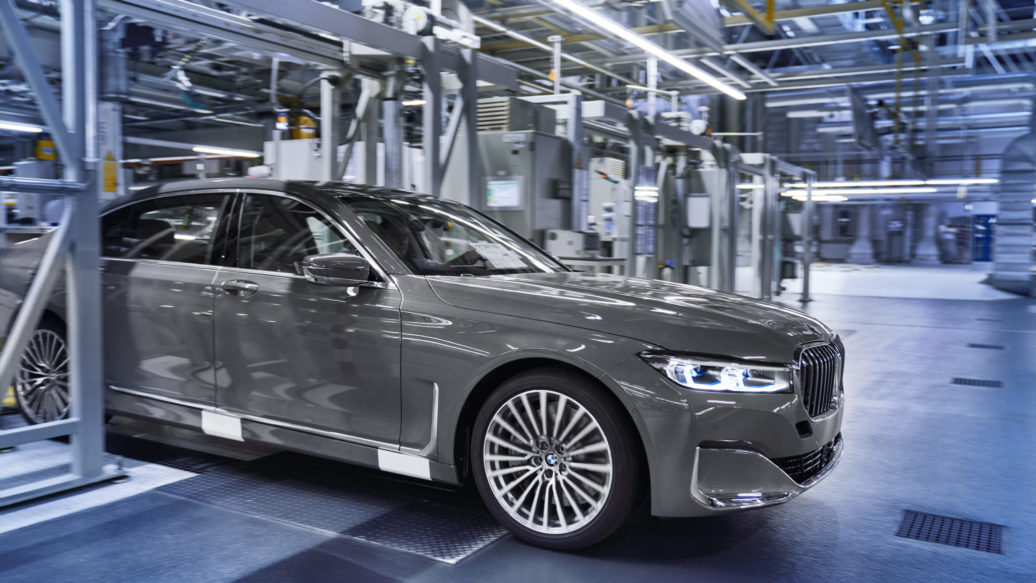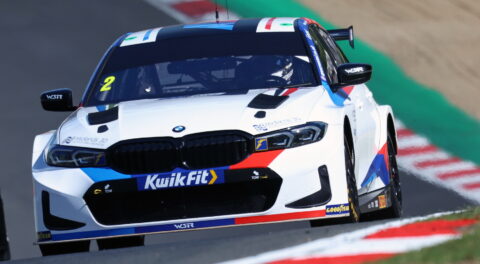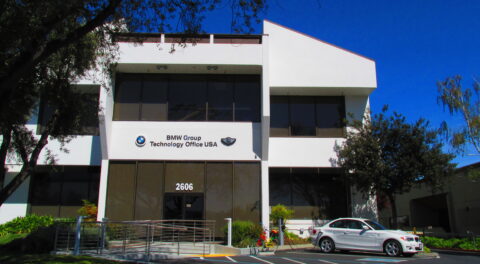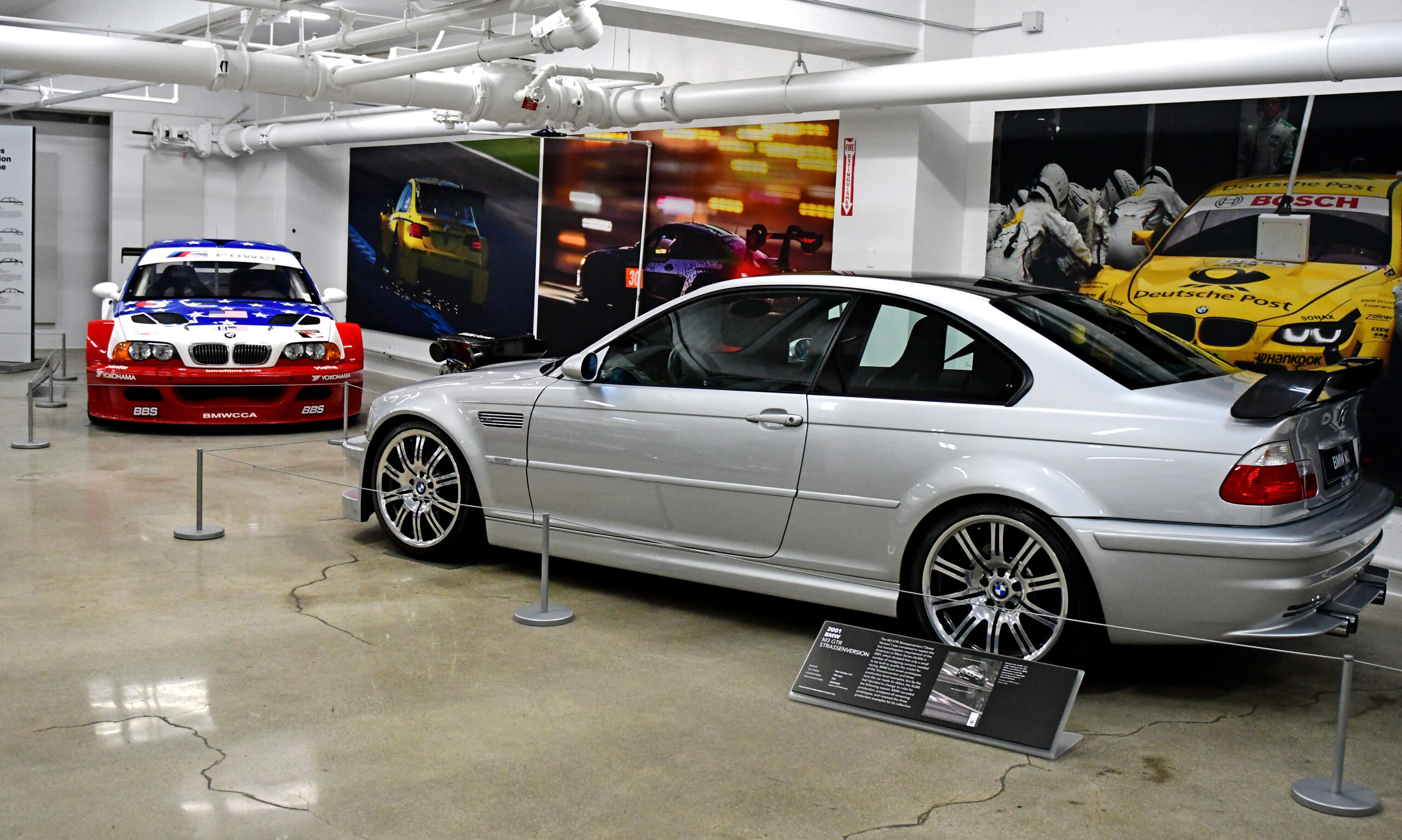On the heels of the BMW Group reporting its best year ever in terms of financial performance, the automaker is cutting its 2022 outlook in the face of the continuing semiconductor microchip shortage and Russia’s invasion of Ukraine.
At the beginning of this month, BMW confirmed that it had stopped exporting cars to Russia, and that it’s local manufacturing operations with partner Avtotor would be discontinued. As a result of the conflict in Ukraine, where wiring harnesses are manufactured for various European automakers, BMW said it would have to temporarily stop production at its plants in Munich and Dingolfing in Germany, and at Oxford in the U.K. Elsewhere, production of engines in Steyr, Austria was suspended, while production shifts had to be adjusted at BMW Group Plants Leipzig and Regensburg. As of this writing, production has been restarted at the European plants, but Oxford remains offline. BMW has reportedly used the downtime to perform planned renovations and upgrades ahead of schedule. BMW and other European automakers are still sourcing parts from western Ukraine, but are having to rely on suppliers from elsewhere in the world to supplement for shortfalls, and further production interruptions should be expected.
The ongoing semiconductor microchip shortage is another challenge that BMW is continuing to face. Despite signing agreements with two suppliers for a direct supply of microchips, supply in the overall market remains constrained, and the odds of receiving the BMW you built and ordered to your exact specifications seemingly lower than it’s ever been right now. One example is the Harman Kardon premium sound system currently being unavailable for the 330i, among numerous other options and packages across the model portfolio.
As a result of these obstacles, BMW cut its 2022 profit margin forecast this week and said it estimates to deliver roughly the same number of cars it did last year, a record 2,521,525 units, after previously forecasting growth. The company’s ambitious plans to deliver a seemingly ever-growing number of electric vehicles, however, are unchanged, with specific targets that include more doubling EV sales to 200,000 units this year, and at least 2,000,000 EVs sold in total by 2025. Nevertheless, BMW CFO Nicolas Peter said the rising price of raw materials is likely to cost the company hundreds of millions of euros in 2022.
The production interruptions and input shortages come at a time when demand is seemingly higher than ever as the world recovers from two year’s worth of pandemic-related restrictions.—Alex Tock
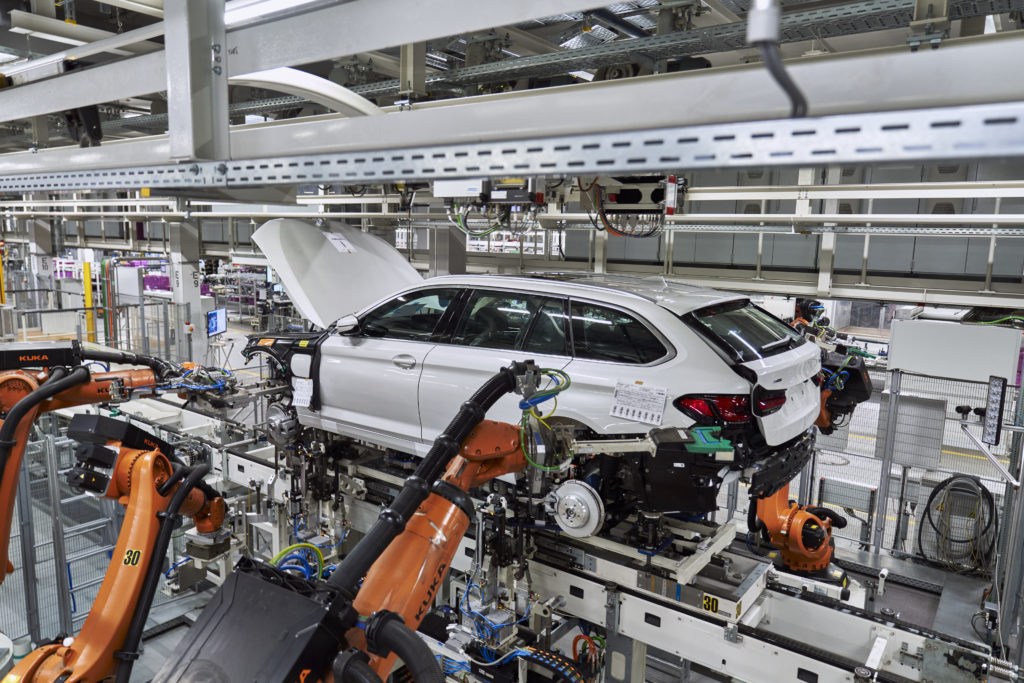
[Photos courtesy BMW AG.]

